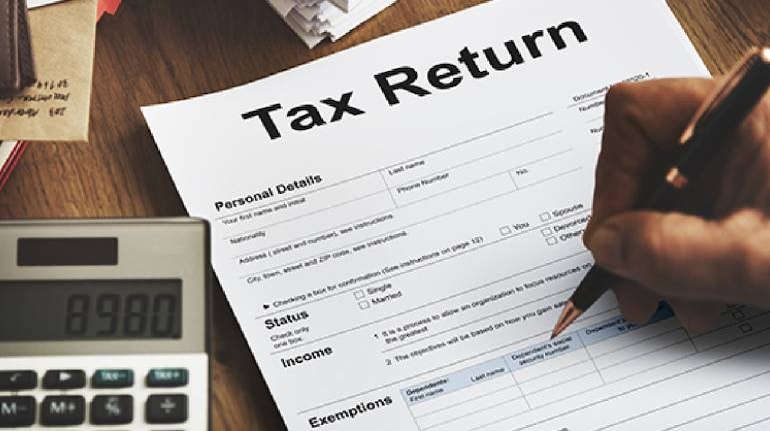
The deadline to file income tax returns for the financial year 2022-23 or assessment year 2023-24 is approaching on July 31.
Revenue Secretary Sanjay Malhotra has already stated that the government will not extend the ITR filing deadline.
Taxpayers are encouraged to file their returns as soon as possible. Failing to file the ITR by the July 31 deadline or not filing the return at all can lead to various consequences. Let's explore the potential implications in detail.
Also read: ITR Filing: Handy tips for those filing returns for the first time
Missing July 31 due date
If the taxpayer is obligated to file their return, they must adhere to the specified timeline as per section 139(1), which is July 31 of the relevant assessment year. Here are the consequences of missing the July 31 deadline.
Late fee
If you miss the July 31 deadline, you can still file a belated return till December 31 but with a late fee. “Taxpayer would be liable to pay late fees u/s 234F of Rs 5,000 if return is furnished after the due date specified under section 139(1). However, if the total income of the person does not exceed Rs 5 lakh then such late filing fee shall be restricted to Rs 1,000,” said Suresh Surana, Founder, RSM India.
Also read: Revised, belated and updated income tax returns: Do you know the difference between them?
Penal interest
Besides late fees, if there is tax due at your end, the due amount will attract additional interest till you make the payment. “Taxpayer would be liable to pay simple interest u/s 234A of the Income Tax Act at the rate of 1 percent for every month or part of a month, commencing from the date immediately following the due date i.e. July 31 to the actual date of furnishing of the return,” said Surana.
Also read: How to File Income Tax Returns Before 31 July? A Complete Guide
Loss of interest on refunds
Filing income tax returns is the sole method to claim a refund for excess taxes deducted. Additionally, just like interest on due taxes, taxpayers are eligible to receive interest on refunds as well, provided they adhere to the prescribed schedule for filing the return.
“Interest at 0.5 percent per month is paid from April 1 till the date of refund. Section 244A of the Income-tax Act 1961 states that in case the refund is of excess payment of TDS or TCS or Advance Tax, the period for interest on refund shall be from the 1st of April of the relevant year to the date of refund granted if the income tax return (ITR) is filed within the due date (i.e., 31st July 2023 for individual taxpayers),” said Yeeshu Sehgal, Head of Tax Market, AKM Global, a tax and consulting firm.
However, in cases where the tax return is filed after the due date, “the period for interest calculation shall be calculated from the actual date of furnishing the tax return to the date of grant of refund,” explained Sehgal. Therefore, in the case of a taxpayer filing a belated return after July 31, the interest on the refund will be calculated from the date of filing the return to the date when the refund is granted, but not from April 1.
Also read: ITR filing for crypto gains: Know how to file returns
No carry forward of losses
Apart from incurring penalties and interest loss, there are additional limitations associated with filing a belated return. “Non-filing of return till July 31 will also lead to the loss of carry forward of losses to future years. It is important to note that only house property loss can be carried forward in case of late filing,” said Sehgal.
Fine and imprisonment provisions
Apart from interest and other fines, the tax laws also include provisions for additional penalties and possible imprisonment if the return is not filed on time and the due tax amount exceeds a certain limit. “The penalty under Section 276CC for late filing of income tax returns where the amount of tax payable or evaded is more than Rs 25,000, is imprisonment of 6 months to 7 years and a fine,” said Vivek Jalan, Partner, Tax Connect Advisory, a multi-disciplinary tax consultancy firm.
Jalan added that courts are no more tolerant of ignorance of the law. The Madras High Court has already in a case ruled, highlighting the ruling by the Supreme Court (Sasi Enterprises vs Assistant Commissioner of Income Tax), that where it was clearly stated that filing the return within the stipulated and mandatory period is a duty cast on any person who has to declare the income and the person should fulfil the duty.
Discover the latest business news, Sensex, and Nifty updates. Obtain Personal Finance insights, tax queries, and expert opinions on Moneycontrol or download the Moneycontrol App to stay updated!